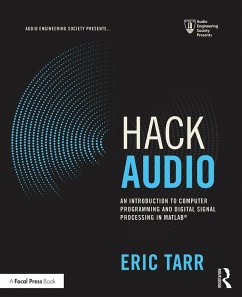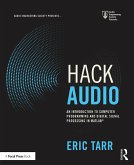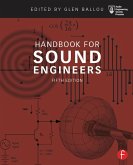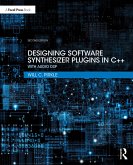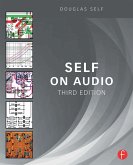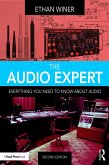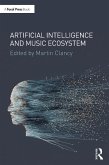Computers are at the center of almost everything related to audio. Whether for synthesis in music production, recording in the studio, or mixing in live sound, the computer plays an essential part. Audio effects plug-ins and virtual instruments are implemented as software computer code. Music apps are computer programs run on a mobile device. All these tools are created by programming a computer.
Dieser Download kann aus rechtlichen Gründen nur mit Rechnungsadresse in A, B, BG, CY, CZ, D, DK, EW, E, FIN, F, GR, HR, H, IRL, I, LT, L, LR, M, NL, PL, P, R, S, SLO, SK ausgeliefert werden.
Hinweis: Dieser Artikel kann nur an eine deutsche Lieferadresse ausgeliefert werden.

